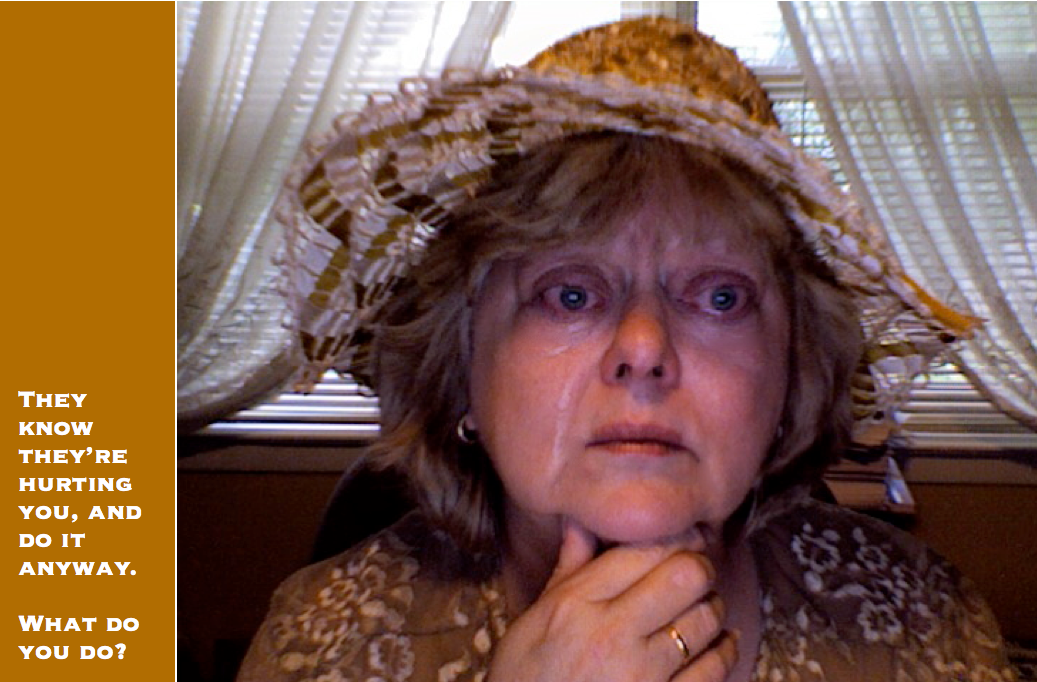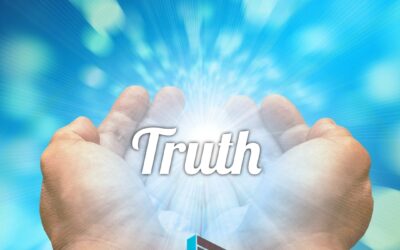Relatively often, I’m asked to read an early copy of a novel coming out, or a non-fiction book. Some of these selections are written for the general market, some are written for the Christian, clean read, or Inspirational market. If my schedule allows, I do read, regardless of which group of readers the book is intended to reach. Some readers understand why I do this. Some, frankly, get upset that I can and do recommend books that contains elements they would rather not see.
While I cannot be dissuaded by others’ opinions from reading widely, I thought it might be helpful to bridge the gap in understanding why I do it. And that is the purpose of this article.
To me, it is noteworthy that Jesus did not set himself above or aside. He dined with tax collectors. He aided all who asked. He healed those who needed healing and sought Him and His help. If we are to be like Him, as writers and as human beings, then we must take our lead from Him and go where people are.
When we go where people are, we observe, we better understand, we grasp the nature of their issues, and then, when we can wrap our minds and arms and hearts around a challenge, we can apply His principles and offer reasoned, logical solutions.
We want people to see the blessings of faith in our lives and to seek out the relationship with our Creator that is the root of those blessings. I’m often asked how I can be kind to unkind people. How I can be patient. How I can keep my temper in check in the face of open hostility.
To be honest, at times, it’s a challenge. I don’t always succeed, but then I’m a simple woman, not the Almighty. I try. Hard. Sometimes I’m rewarded with seeing the fire go out in eyes glaring into mine, and sometimes I see respect replace anger. Oh, there are times when all my efforts fail, too. But that’s okay. We win sometimes, and we lose sometimes. That’s the nature of those trying to make a difference.
We all have roles to play in life. Roles as a spouse, a parent, a child, a sibling, a distant family member, a friend, a coworker, a neighbor. Sometimes we’re supposed to niggle the conscience, sometimes we’re supposed to offer a hug and listen. Our roles change as we encounter specific people with specific needs.
There are times, when approached, we relate, and we know how a similar situation turned out when we encountered it. And times we don’t relate because we just can’t grasp anything that resembles what a specific person is going through at the time. Those times are rarer than one initially thinks, to be honest. Some long-forgotten incident triggers a memory and we mentally see similarities that offer us a path to aid or cue us what the other person needs at that moment.
If we insulate ourselves from life, we limit our exposure to those living it. We also limit our knowledge base to assist others through trials. Unless we experience—even virtually through books or online encounters—then how do we grasp the challenge, understand the obstacles, or assess potential solutions?
It’s like living in a bubble. It’s more comfortable. It’s in many ways easier on us. But it prohibits us from gathering experience that is essential to understanding. Isn’t that vital to compassion? To empathy? To well-reasoned and logical potential solutions? How can we formulate even being a good listener if we don’t understand what’s being related to us?
A few months ago, I received a note from a woman who was highly critical of the people I follow on a social media network. “As a Christian, I take offense to the company you keep…”
That’s how the note started. We’ve all had those kinds of judgmental interactions, and some can really be brutal. Some, shall we say, are just taking a narrower view.
When you are on the receiving end of messages such as this, you can have many reactions. From “How dare you judge me?” to “We’re on a different path, serving a different purpose.” None of them are right or wrong, in my opinion. Just different.
The writer expects you to change as a result of their note. And can react in a multitude of ways when you do not. Some who receive these types of criticisms will change their actions simply to avoid conflict, confrontation, or discomfort. Most won’t because in their own eyestheir actions are totally logical, reasonable, and aligned with their purpose.
They might attempt to explain. But more often, they do not. They simply go on their way and do what they know they should be doing because they believe what they are doing is aligned with what they should be doing and need to be doing.
So, yes, I read and recommend many kinds of books. Many kinds of stories of human trials and the obstacles they face. An example I’ve used often in lectures on writing books is: “We haven’t all committed murder. But many of us have written about people who have murdered.”
It isn’t essential to actually commit the crime to grasp the motivations behind it. For example, a victim of domestic violence endures and endures and one day can’t endure anymore. A parent learns his or her child has been assaulted by a trusted friend or relative and is so enraged, s/he snaps. There are many situations where those who say, “Nothing could drive me to that point,” are driven to that point. We, as writers and human beings, need to understand the intricacies of that. The physical and emotional nuances. The spiritual nuances. Only then can we understand the full ramifications—physical, emotional and spiritual.
I won’t insult either of us by saying it is always easy walking this bridge between the secular and faith-based. It isn’t. Because it’s typical to not fit firmly within the strictures of either group. The secular see your faith and, while some wish they had it, some are uneasy with it. Others envy it, and they’re less than comfortable that it nudges them to look at their own lives and make changes that they don’t really want to make. That’s without you being judgmental or preachy. Just being you. In the faith-based world, your ties to the secular world and the things you say and do often bring criticism and judgements that you’re not pure enough or implications that you are in some way lacking.
Bottom line, you don’t find an easy fit with either group, so you must choose: Do you want an easy fit, or do you want to walk the bridge, even if it’s alone, because that is home to your purpose?
There is no right or wrong answer, by the way. We’re all on our own journey, and we’re at different points on our journey. We all make choices, and we believe they’re the right choices for us or we’d make different choices. Only those who most need help among us deliberately choose options in life that lead to misery. Most want to be healthy and happy or content. Most want a life that is better than they’ve experienced thus far, and most want better for their children than they had. It’s our nature.
Across the board, we all do the best we can at the time. We experience, we learn, we grow—or we choose not to experience, learn or grow. Inaction is an action, right? A choice made.
So, yes, I read across the board, and I recommend some books that secular readers won’t approve of and some the faith-based readers won’t approve. I differentiate them by noting the secular books are general audience and the faith-based are either inspirational or clean reads. That’s the best I can do to cue readers what to expect.
The bottom line is I cannot ignore my purpose to appease others on either side of readers. I would never ask another to violate their purpose in that way, and I don’t expect to have that asked of me. On occasion, it is. More is the pity. But that’s out of my control. What is in my control is to do what I know I should and must do, and that’s why I’ll continue to walk the bridge.






